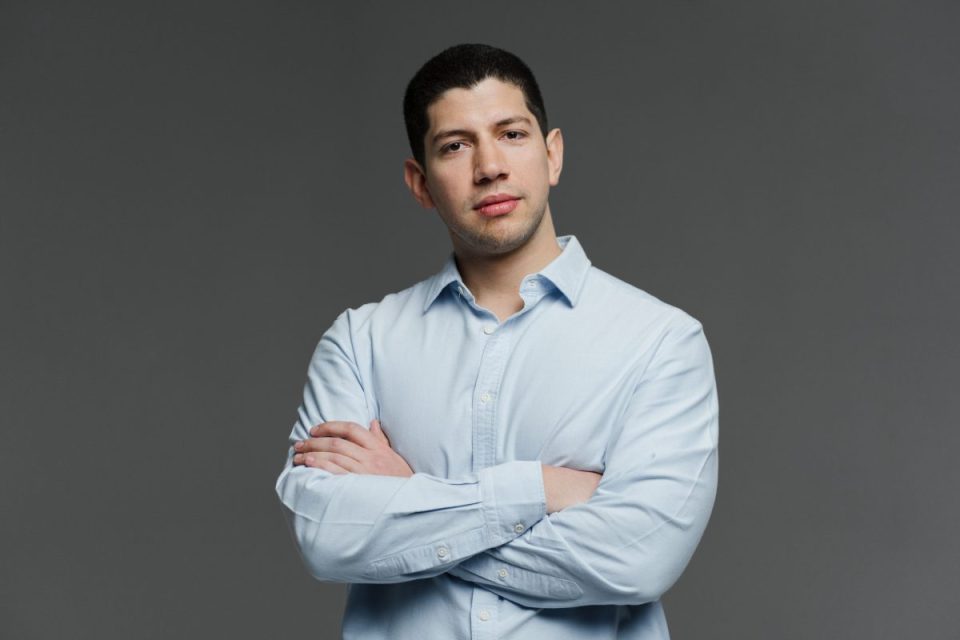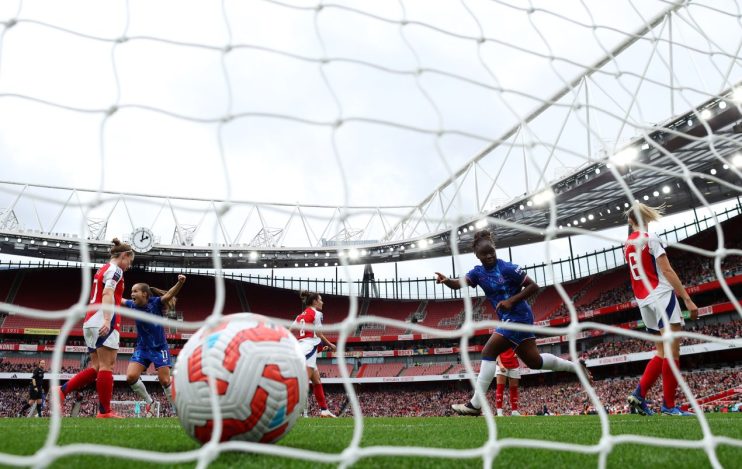| Updated:

Mercury/13 co-chief Mario Malavé discusses the women’s football portfolio, where global growth is and which clubs the organisation will buy next.
Mercury 13 was a privately funded programme that aimed to ready women for space flight. It was a revolutionary mission in 1960 that, nine years before Neil Armstrong set foot on the moon, put women at the forefront of science and innovation.
Fast forward over 60 years and Mercury/13, a wannabe multi-club football ownership group, are looking to be just as groundbreaking – with an equally stratospheric legacy – by focusing on acquiring women’s football teams.
Serie A club FC Como Women became a founding pillar of Mercury/13’s portfolio this year with the organisation – boasting the likes of former Fifa chief innovation officer Luis Vicente and former Chelsea player and Lioness Eni Aluko in its ranks – hoping to expand to the other big four European footballing nations within two years.
Mercury/13 ambition
“Our immediate target, in the next two years, is [to have a club] in all of the major leagues in Europe,” Mercury/13 co-chief Mario Malavé tells City AM. “So in no particular order: the UK, Spain, France and Germany are the ones that we spent a lot of time looking at it. There’s also other opportunities in Europe, obviously – what the Portuguese league is doing and some of the Scandinavian leagues is really exciting.
“We always look at the pyramid whenever we decide to enter a market. So we really think of it as a market more so than a league. So if we say, “Hey, we’re going to look at the UK”, we’ll evaluate opportunities in the WSL, in the Championship, even below, and see if there’s an opportunity. We really analyse everything.”
Venezuela-born Malavé is a former investment banker at Morgan Stanley and worked with Los Angeles FC.
And a former player at LA FC, Italy legend Giorgio Chiellini, has lent his investment to the women’s football investment fund.
Malavé is bullish on Mercury/13’s acquisition plans, and doesn’t rule out a deal – albeit it not necessarily a total takeover – of a large club such as Aluko’s former stomping ground Chelsea.

Triple A clubs
“We call them [Chelsea, Barcelona] triple A clubs. So it really depends on the needs of those clubs,” he says.
“A lot of these big clubs recognise the potential of a women’s game, but they’re very busy trying to win and outperform on the bigger side of the business, so we can be a great partner to them.
“I don’t want to give specific names, just for fear that I get misinterpreted. But if a large club is today very focused on other projects, and would welcome a partner that comes in and fully dedicates itself to growing value and generating value on the women’s side, that’s the way that we would typically approach these conversations.”
So with women’s soccer teams stateside ballooning in value, Europe looks to be a happy hunting ground.
But eventually a new market will open up and Malavé believes it could be his native Latin America.
“The short to medium term is very Europe focused. We think the next frontier then is Latin America,” he says.
“I expect Latin America to be an engine of talent. It’s interesting now that in the women’s game, you have this battle to be the best league in the world that’s currently Europe [Champions League] and the US.
“And it’s actually really exciting to see both of those leagues, or sets of leagues, develop and compete for what will ultimately become the reigning league in the world.”



